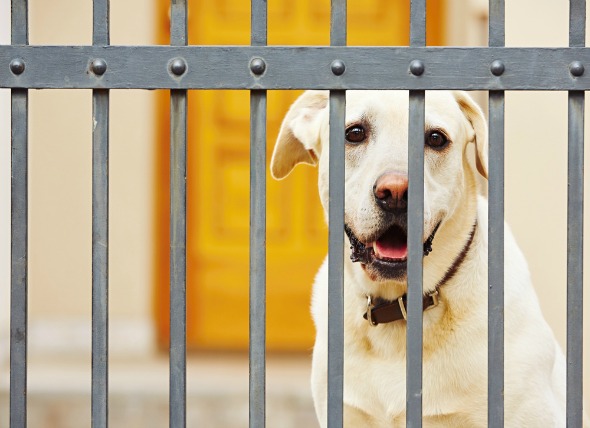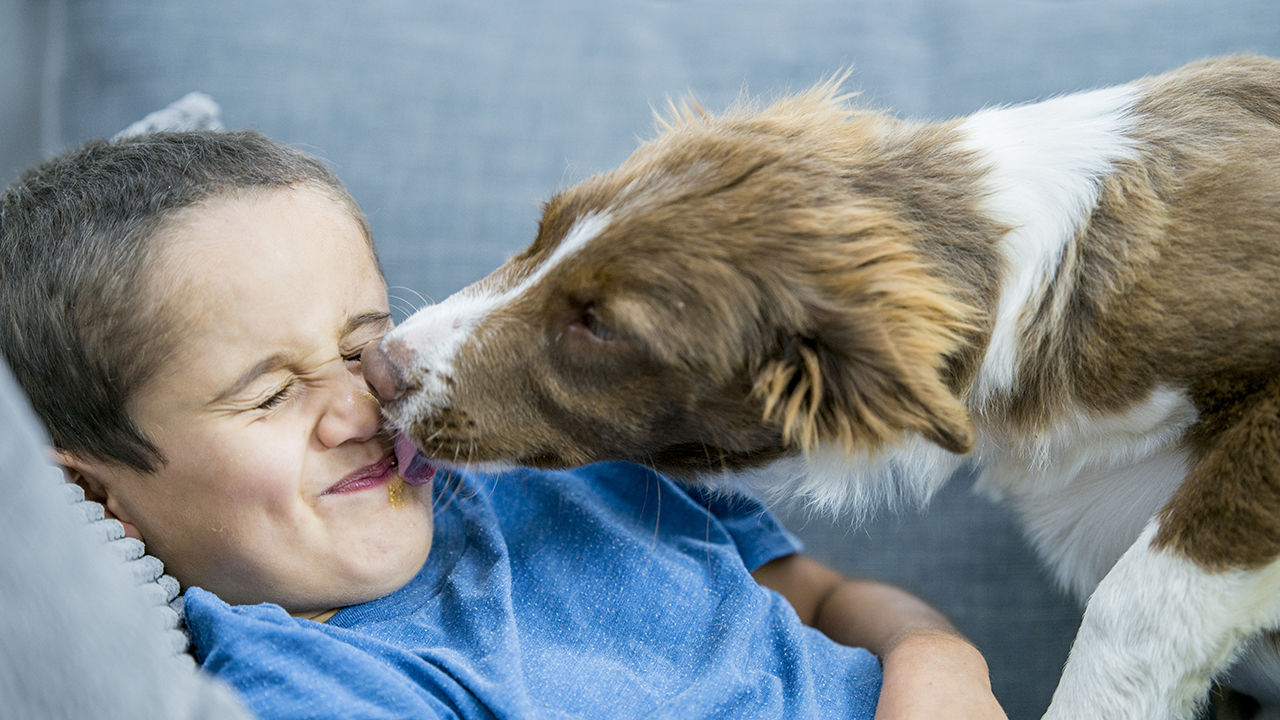Each one of us is contemplating when the COVID-19 pandemic will be over. Staying in a self-quarantine state can be one of the most boring and stressful things. One of the burning issues of staying put at home every day is the claustrophobia.
Like us humans, pets feel claustrophobic too! Being confined in a single space for a long time can equally increase stress in animals. Most pets such as dogs resort to incessant panting, pacing, and whining when suffering from claustrophobia.
An estimated 68% of U.S. households have a pet. During the time of self-quarantine, you have an opportunity to beat stress and claustrophobia by indulging in playful activities with your pets.
How Dogs can cope with Self-quarantine stress?
Canine have been domesticated for over 10,000 years. They are bred in such a way that they require enough attention, time, and dedication. When left away for a long time, they can develop signs of frustration.
Claustrophobia in dogs is the fear of restriction and can vary in intensity from one dog to another. Whether a dog will develop this fear is influenced by their genetics, conditioning, as well as the amygdala in their brain. The amygdala plays a major role because it’s responsible for fear conditioning, as well as the flight or fight response.
Dogs aren’t used to sitting in a confinement for a long time. They want their owners to play with them or provide attention which isn’t possible when they are working from home.
Remus a blue heeler/collie mix owned by Jerin Henderson situated in Portland, Texas has started withdrawing from its regular life. As Jerin is spending more time working, he's not able to spend more time playing with Remus.

Remus started whining a lot lately. It started sleeping underneath the bed for a few days. It came as a surprise because Remus always slept with him on the same bed.
How to prevent self-quarantine stress in dogs?
- Take them to an open area to calm down but do not let them off the lead as they are likely to run.
- Talk calmly in a low voice to settle them and avoid large reactions.
- When at home, avoid using doors to contain the dog. Instead, opt for gates that they can see out of, making them less likely to trigger.
Cats are looking for Me-Time
In the case of cats, it’s mostly the opposite. Cats are a more solitary animal and they enjoy their me-time.
A house cat Karban owned by Hirow Peralta situated in Charleston, South Carolina started showing awkward behavior. Karban was used to having the whole house to itself when Hirow went out to work. It enjoyed sitting inside the house, but since Hirow started spending her entire time home, Karban started becoming restless.
Hirow wrote in Twitter
“she so tired of me being home she became an outside cat."
Karban who never left home started escaping the confinement and spend more time on the roof.

How to provide me-time for Cats?
- Increase the physical distance between you and your cat. This can include working in a different room or space in a house.
- If you share the same space such as a studio apartment, give your cats something to play with or keep it occupied.
How Pet Owners can cope with Self-quarantine Stress?
The self-quarantine time has been equally difficult for pet owners. Most of us struggle with working from home while trying to balance time with pets. It’s likely for people to experience claustrophobia when we have to spend the entire day inside the home.
At such dire time, spending more time with pets has been linked with beating self-quarantine stress for both pets and pet owners.
An estimated 17.3 million adults suffer from major depression, according to the latest National Institute of Mental Health data.
Research also has shown that people who don’t feel connected to others are more likely to catch a cold, develop heart disease, have a lower cognitive function, and live shorter lives.

How owning a pet can help with beating stress and depression?
The companionship of pets such as cats and dogs in daily life can help prevent frustration and depression. It has always been attested by different scientific communities.
- Interacting with animals on a regular basis helps to decrease levels of cortisol (a stress-related hormone) and lower blood pressure. Pet can be a great companion. They can help reduce loneliness, increase feelings of social support, and boost your mood.
- Owning a physical active pet such as dogs and cats can reduce stress, anxiety, and depression, ease loneliness, and encourage exercise and playfulness. Playing with your pet can improve your cardiovascular health.
- Playing with and caring for an animal can be more beneficial for children at the time of self-quarantine. It can help them grow up more secure and active.
- Spending time with pets can elevate levels of serotonin and dopamine, which will calm and relax you.
- Companionship will prevent the onset of stress and depression. Caring for a live animal can help make you feel needed and wanted, and take the focus away from your problems, especially if you live alone. Most dog and cat owners talk to their pets, some even use them to work through their troubles.
- Taking a dog for a walk, hike or run is a fun and rewarding way to stay fit and healthy. Studies have shown that dog owners are far more likely to meet their daily exercise requirements—and exercising every day is great for the animal as well. It will deepen the connection between you, eradicate most behavior problems in dogs, and keep your pet fit and healthy.
Get in touch with Urban Pet Supply & Resort, a premier doggy daycare in Des Moines, to find more useful tips and ideas on beating self-quarantine stress. To ensure you and your pets’ safety during this pandemic, we can provide useful tips and resources online.